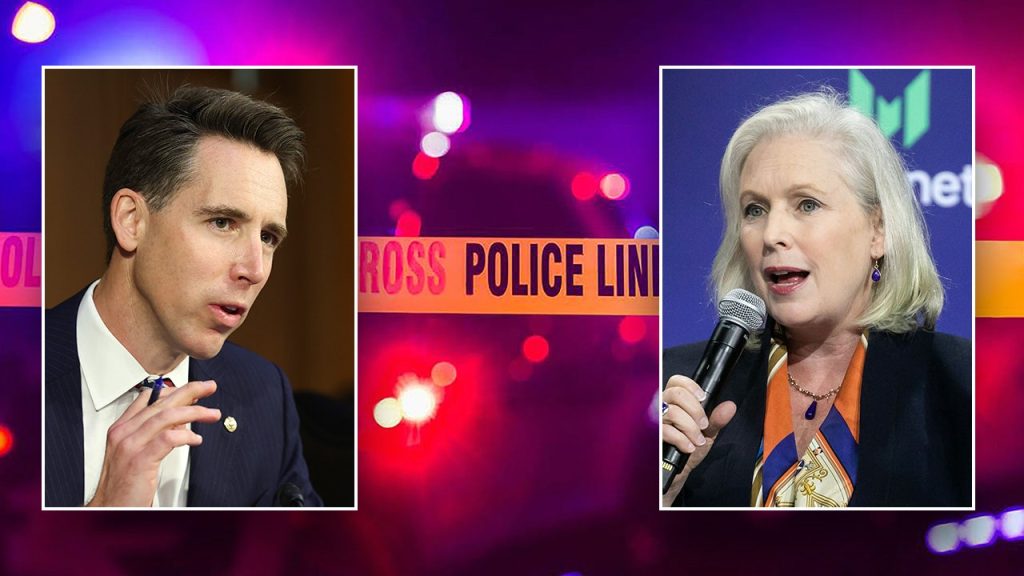Senators Kirsten Gillibrand, a Democrat from New York, and Josh Hawley, a Republican from Missouri, have come together to address the high rates of mental health issues among first responders. They introduced the First Responders Wellness Act, which aims to provide mental health resources and services to law enforcement officers, firefighters, emergency medical services personnel, and public safety telecommunicators. The bill would also establish a mental health hotline specifically for first responders. Gillibrand emphasized the importance of supporting those who risk their lives to keep others safe, noting that first responders face higher rates of PTSD and suicide compared to the civilian population.
Hawley echoed Gillibrand’s sentiments, highlighting the sacrifices that first responders make on a daily basis. The bipartisan nature of the First Responders Wellness Act reflects the recognition of the need to prioritize the mental health of those who serve their communities. The bill would allocate $125 million toward a new grant program over the next five fiscal years, in addition to $50 million for the establishment of the support hotline. The lawmakers referenced research by the Substance Abuse and Mental Health Services Administration that highlighted the unique risks faced by first responders due to their exposure to potentially traumatic situations.
The events of September 11, 2001, loom large in discussions around the mental health of first responders. Gillibrand, who represents New York, where the terrorist attacks took place, has firsthand knowledge of the lasting impact of that tragic day. The attacks killed nearly 3,000 people and injured thousands more, including many emergency and law enforcement personnel who responded to the scene. These individuals have grappled with physical and mental health effects for over two decades since the attacks. The First Responders Wellness Act seeks to provide much-needed support to these individuals who have dedicated their lives to protecting others.
The bipartisan collaboration between Gillibrand and Hawley underscores the importance of prioritizing mental health resources for first responders. By creating a grant program and a dedicated hotline, the bill aims to ensure that these individuals have access to professional and culturally competent mental health services. The stresses and traumas inherent in their line of work put them at an increased risk of conditions like PTSD, depression, and substance use. The SAMHSA report referenced by the lawmakers emphasizes the urgent need for targeted support for the behavioral health of first responders.
The First Responders Wellness Act represents a crucial step towards addressing the mental health challenges faced by those who serve on the frontlines of emergency situations. The $125 million allocated to the grant program and $50 million for the hotline demonstrate a tangible commitment to providing comprehensive mental health services for first responders. By acknowledging the unique risks and stresses faced by these individuals, Gillibrand and Hawley are advocating for a holistic approach to supporting the mental well-being of those who dedicate their lives to ensuring the safety and security of others.













